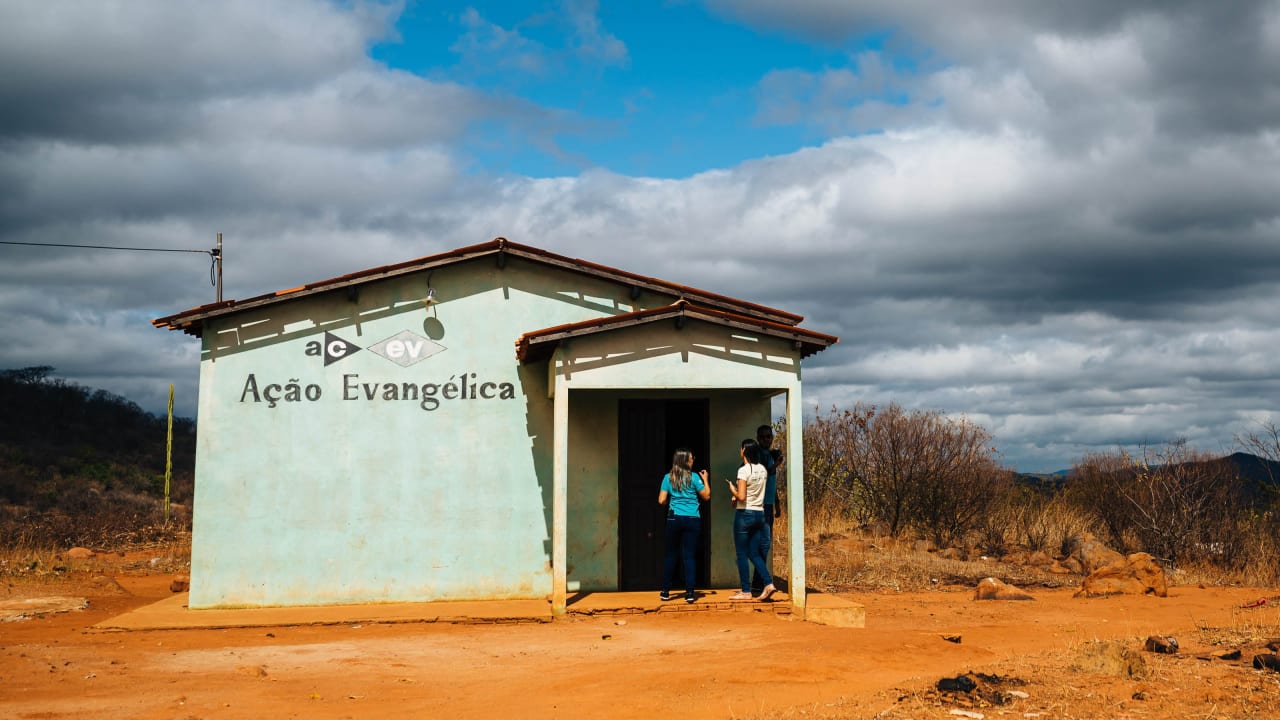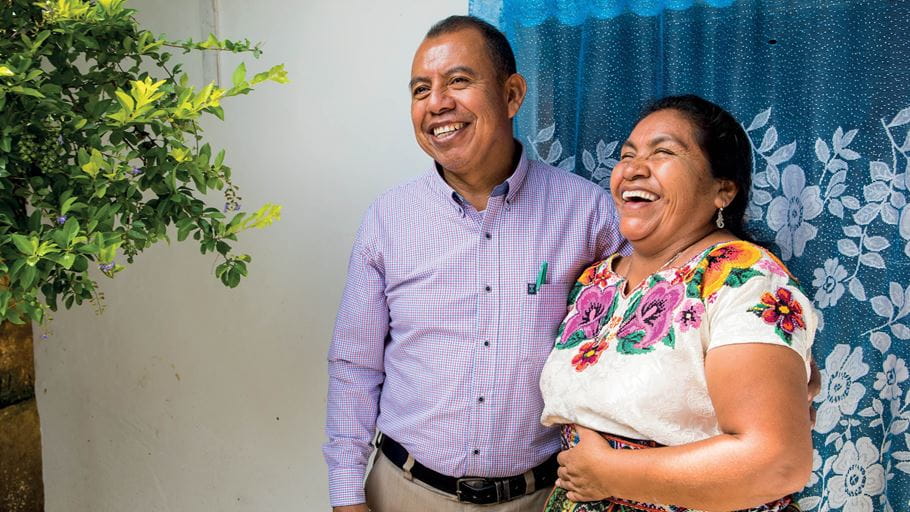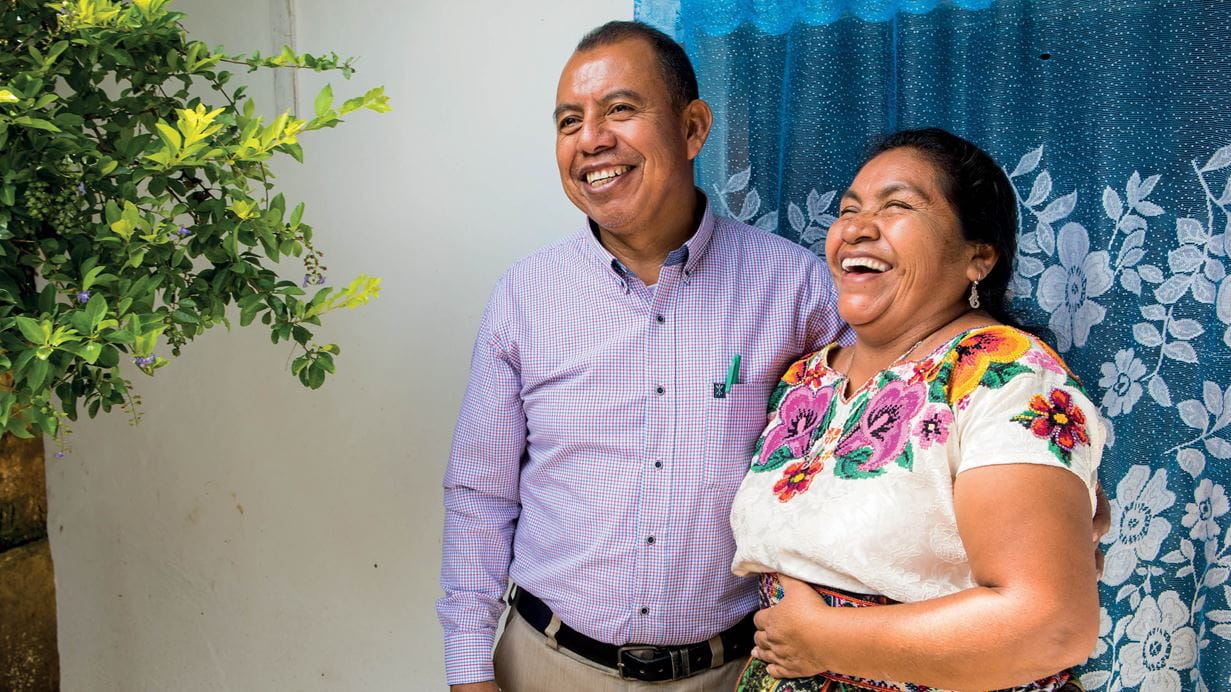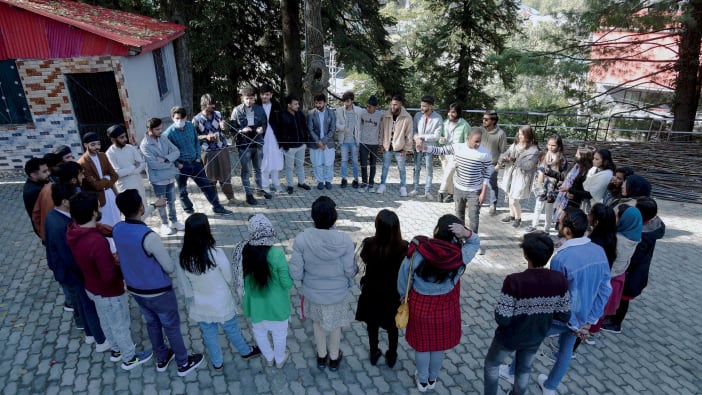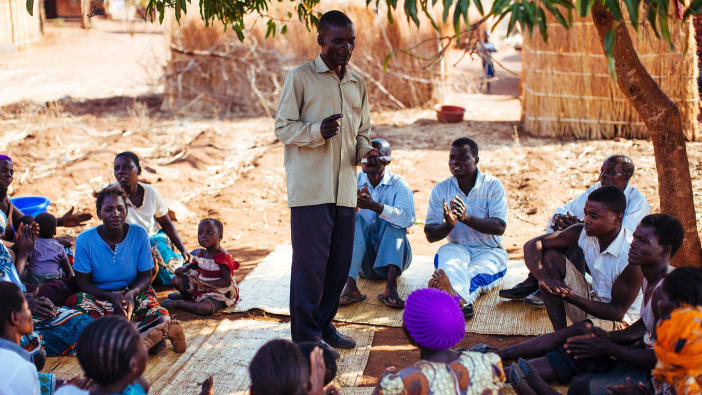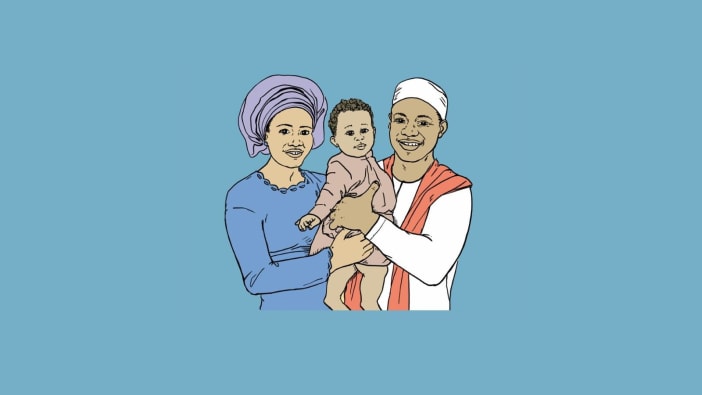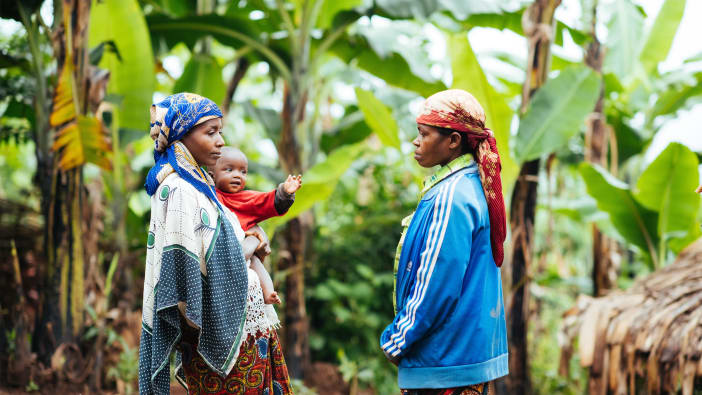After eight years working as a social worker in Brazil, I strongly believe in the potential of faith communities to help reduce inequalities that affect the lives of women.
Many of these inequalities have been passed down to us through family and community culture, and we see them as normal. In churches, there is often little reflection on this, which is a mistake.
Global problem
Gender inequality means that women and girls are valued less than men and boys, and this can lead to abuse and violence. Globally, one in every three women will experience physical and/or sexual violence at some point in their lives. Many will then be stigmatised and blamed, making it difficult for them to live dignified and full lives in their families, workplaces and communities.
During disasters or armed conflict, women and girls become even more vulnerable. At these times it can be easier for people in positions of authority to abuse their power, and sexual violence may be used as a weapon of war.
Places of refuge
In a crisis, churches and other places of worship often become places of refuge. It is therefore essential that faith leaders and members of congregations take the time to discuss and understand why women suffer from various forms of discrimination and violence, and the impact of these in their communities.
Alongside this, leaders and congregations must identify, challenge and try to change any unhelpful patterns of behaviour or wrong attitudes in their own lives. They can then work out how best to provide people affected by sexual and gender-based violence with the welcome, care and support they need.


